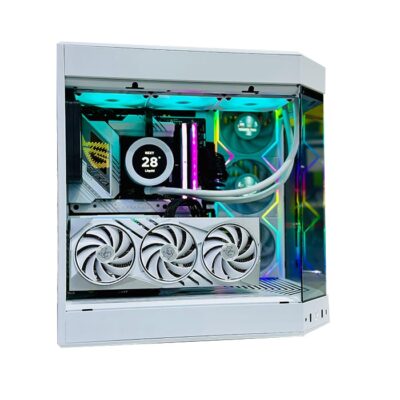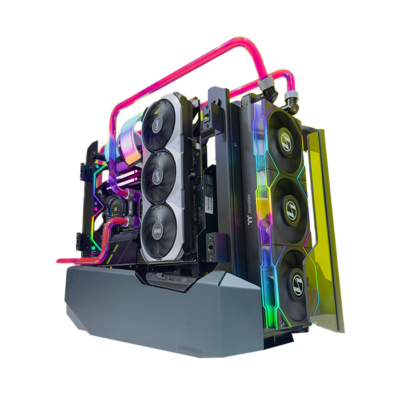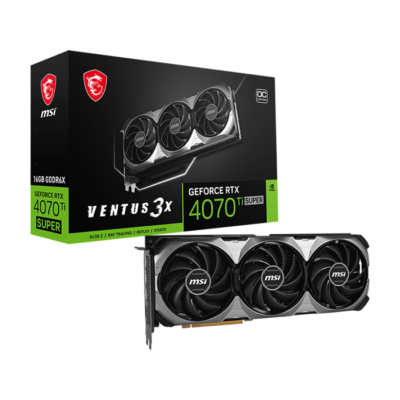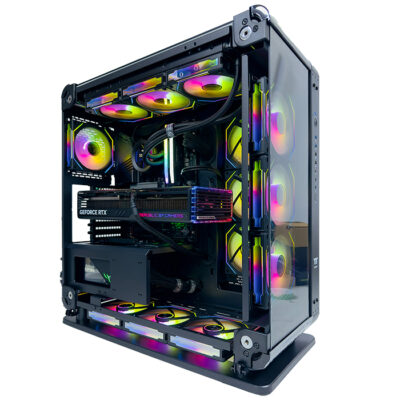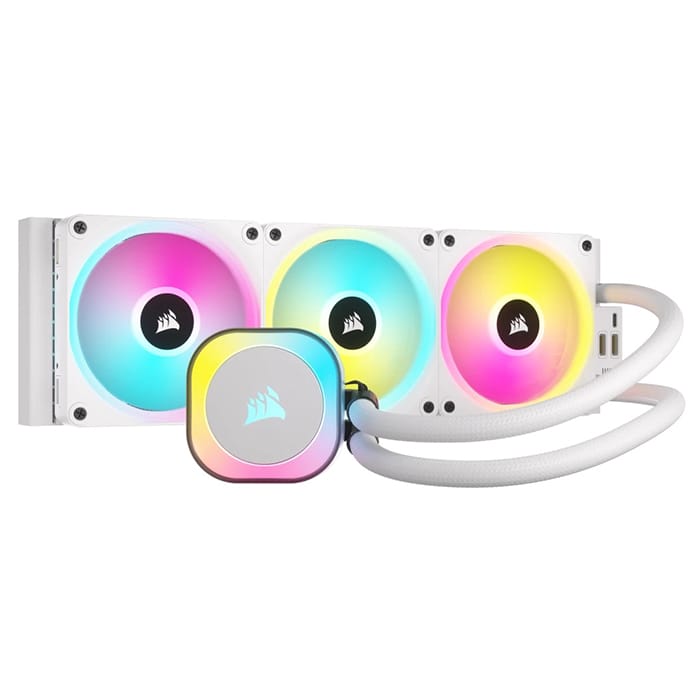
Introduction: In the world of computer hardware, the CPU acts as the brain, constantly processing data and executing commands. But this power generates heat, which can harm performance and longevity. They are essential for maintaining optimal temperatures and safeguarding your system. In this guide, we’ll explore the types, benefits, and factors to consider when selecting one for your setup.
Types of CPU Coolers:
- Air Coolers: Air coolers are the most common type of CPU cooler, consisting of a heatsink and fan(s). The heatsink absorbs heat from the CPU, while the fan(s) dissipate that heat into the surrounding air. Air coolers come in various sizes and designs, from compact low-profile coolers ideal for small form-factor builds to large tower coolers with multiple heat pipes for enhanced thermal performance.
- Liquid Coolers: Liquid coolers, or AIO coolers, use a closed-loop system to cool CPUs by circulating coolant through tubes to a radiator with fans, offering efficient cooling for overclocked or high-end CPUs with flexible installation options.
- Case Fan: Case fans are crucial for CPU coolers, aiding in efficient heat dissipation within the system, maintaining optimal temperatures, and preventing overheating for smooth hardware operation and longevity.
Benefits of CPU Coolers:
- Temperature Management: CPU coolers regulate CPU temperature, preventing thermal throttling and maintaining stable performance during demanding tasks like gaming or video editing.
- Improved System Stability: Excessive heat in a computer can lead to crashes, freezes, or permanent damage, but CPU coolers prevent this by maintaining safe temperatures for reliable performance.
- Enhanced Longevity: Operating a CPU at high temperatures can accelerate degradation and reduce its lifespan. By maintaining optimal thermal conditions, contribute to the longevity of your processor, ultimately preserving your investment in your hardware.
Conclusion:
Choosing the right CPU cooler is crucial for maintaining performance and longevity. Whether air or liquid, it impacts temperature, system stability, and noise levels, allowing you to maximize hardware potential.

